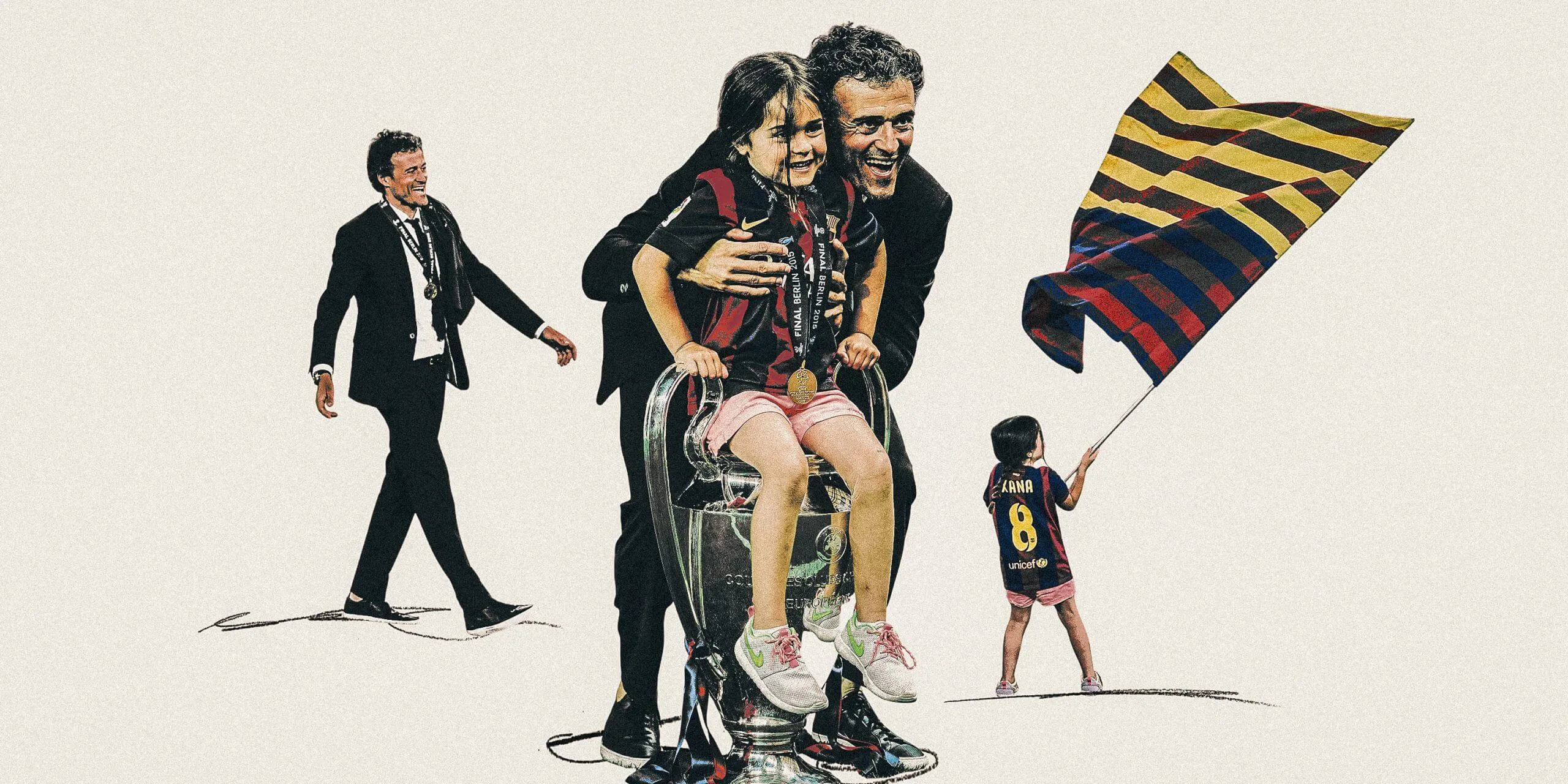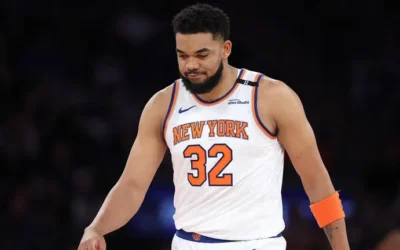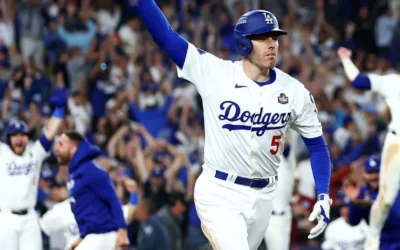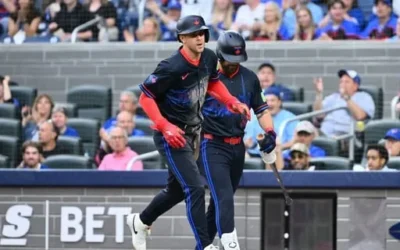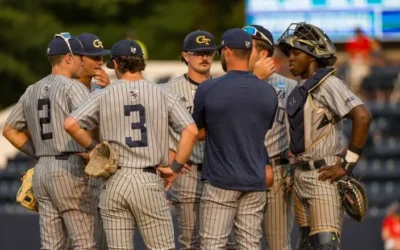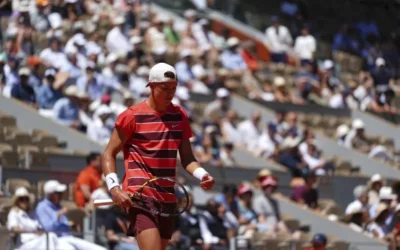Luis Enrique: A Father’s Tribute to His Beloved Daughter Xana
In the world of sports, coaching can often seem like a lonely road filled with pressure, high expectations, and relentless scrutiny. For Luis Enrique, the current manager of Paris Saint-Germain (PSG) and former Barcelona head coach, this journey took on a new meaning after the heartbreaking loss of his daughter Xana. Her memory not only serves as a guiding light in his career but also shines a spotlight on the often-overlooked emotional struggles that athletes and coaches face. As he prepares for the UEFA Champions League, Enrique aims to honor her memory with every victory.
A Tragic Loss
In August 2019, Luis Enrique and his family faced the unimaginable; the loss of his nine-year-old daughter Xana due to cancer. This heart-wrenching event shattered the family but also transformed the way the respected coach approaches the game. During this challenging time, Enrique expressed his struggles and how they weighed on him, leaving a mark on both his personal and professional life.
A Star that Guides
Enrique often speaks about how he feels his daughter’s presence around him, serving as an inspirational force in his career. He has described her as a “star that guides him,” and this sentiment has resonated deeply within the football community. It showcases not only his commitment to the sport but his dedication to keeping her memory alive, a practice that continues to enrich both his coaching philosophy and personal well-being.
Honoring Xana in His Coaching
During interviews and press conferences, Enrique frequently mentions how he tries to channel the positivity and resilience that Xana possessed, integrating these traits into his coaching. It is not just about winning games; it’s about instilling a sense of purpose and unity within his team, lessons that stem from his experiences as a father. Enrique understands that every match is an opportunity not only to bring joy but also to symbolize hope and remembrance.
The Support of the Football Community
The response from his peers, athletes, and football fans alike has been overwhelmingly supportive. Following Xana’s passing, several players, including his former Barcelona stars, shared their condolences and expressed their admiration for Enrique’s strength during this challenging period. Such solidarity highlights how the football community often acts as an extended family, rallying around members in times of grief. This outpouring of support has allowed Luis to channel his pain into positive action.
The Road Ahead: Champions League Aspirations
As he navigates the demanding landscape of UEFA Champions League football with PSG, Luis Enrique is driven by a renewed sense of purpose. The tensions of coaching in a high-stakes environment are unrelenting, but his focus remains fixed on one significant objective: celebrating victories for Xana. He envisions lifting the trophy not merely as a professional triumph but as a heartfelt tribute to his daughter. Each match is an occasion to honor her, to etch her memory into the narratives of his career.
Resilience Through Adversity
The concept of resilience is central to both sports and life, and Enrique embodies this philosophy. Rather than allowing grief to consume him, he has chosen to rise above it, constantly striving for success while also being vocal about mental health and emotional well-being. His perspective serves as an essential reminder for fans and players alike—success is not merely defined by championships but also by how one handles setbacks and loss.
A Message to Parents and Coaches
Enrique’s journey has also sparked a conversation about family and the importance of parental support in sports. Recognizing that every child is unique and deserving of love and encouragement is crucial. As coaches, leaders, and parents, finding the balance between aspiration, competition, and emotional well-being can create a thriving environment for young athletes.
The Importance of Dialogue
Furthermore, Enrique has become an advocate for open dialogue surrounding grief and mental health in professional sports. The culture of “toughness” that often accompanies competitive sports can deter individuals from discussing their feelings. By openly sharing his story, Luis Enrique promotes emotional honesty, encouraging others to seek support, whether it comes from friends, family, or professional counseling. He acknowledges that vulnerability is an asset, particularly in a field where the mental game is just as crucial as the physical.
Building a Legacy
In many ways, Luis Enrique’s legacy transcends that of a successful football manager; it’ll be about the love he carries for his daughter and the lessons he imparts through his experiences. His connection with Xana transcends the realm of football, reminding everyone in the sport that emotional strength is just as important as tactical mastery. As he walks onto the pitch to guide his team, he does so with the spirit of Xana by his side, imparting courage and hope to those around him.
Conclusion: Celebrating Life Through Football
In the brightness of the spotlight, while the stakes appear higher than ever, Luis Enrique remains grounded in the love and memory of his daughter Xana. Each game presents an opportunity to celebrate life, hope, and family; a deeper, more human connection lies at the heart of competitive sports. With every match, with every strategy employed, he continues to build a legacy that honors his daughter—a legacy that reminds us all to cherish the relationships we have while pursuing our passions.
As Enrique leads PSG into the Champions League arena, remember that football isn’t just a game; it’s an experience that binds people together. It’s a platform that can turn grief into resilience and serve as a testament to love, reminding us of what truly matters in life.

